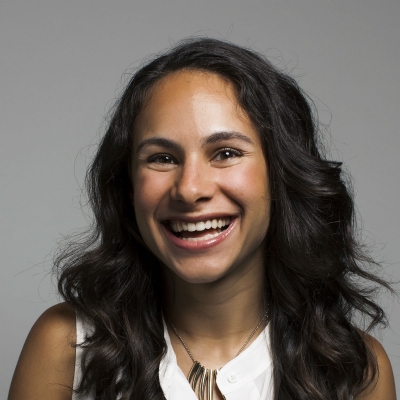
February 11, 2013 05:00 AM
Featured Stories
How to land your next job at Cannes
The Cannes Lions International Festival of Creativity has historically been a mecca for recruiting, and with the industry grappling with mass layoffs, that aspect will be even more critical this year.




